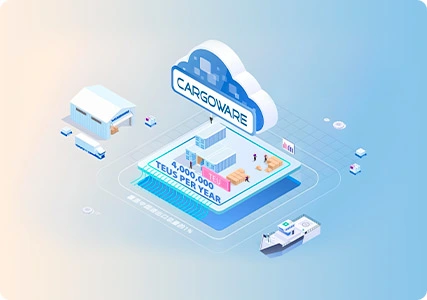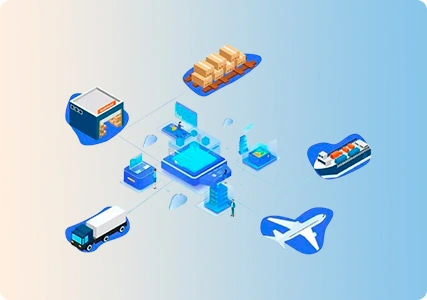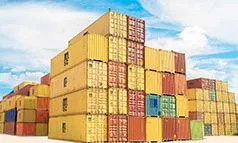In recent years, the landscape of global commerce has been dramatically reshaped by the emergence and explosive growth of cross-border e-commerce platforms. As indicated by the success stories of SHEIN and TEMU, according to proactive investors, SHEIN’s 2023 revenue has surpassed $30 billion, and Temu, quickly rising to become the world's second-largest e-commerce giant, the future of cross-border e-commerce appears exceptionally bright. This growth is further exemplified by Cainiao's foray into the U.S. market, providing consolidated shipping services to meet the increasing demand for efficient e-commerce logistics.
However, this shift towards e-commerce presents a significant challenge to traditional freight forwarders. Historically, these entities have primarily catered to conventional international traders, dealing with large, uniform shipments. This model offered a level of predictability and control, with reduced risk and a focus on acting as carriers and agents.
In contrast, cross-border e-commerce operates on a different paradigm, often dealing with smaller, more diverse shipments and catering to a client base lacking in international trade qualifications and experience.
One of the core differences lies in the service objectives. Traditional freight forwarding is transactional, dealing with single-category, large-volume shipments. This simplicity in operations means less need for extensive backend services. Cross-border e-commerce, on the other hand, requires a more holistic approach. E-commerce logistics must not only fulfill traditional roles but also engage in preliminary trade communication, crucial for new entrants lacking a basic understanding of international trade.
Moreover, the rapid iteration of goods in e-commerce means dealing with a variety of products, often in small quantities, and facing different regulatory systems worldwide. This scenario necessitates a strong risk control mindset within e-commerce logistics. For small parcel e-commerce, a robust system for data tracking and financial settlement becomes indispensable to manage tens of thousands of transactions monthly, preventing operational and financial discrepancies.
For traditional freight forwarders to transition successfully into the realm of cross-border e-commerce logistics, a fundamental shift is required. They must evolve from their conventional roles and embrace the complexity and dynamism of e-commerce. This involves adapting strong e-Commerce logistics management systems for risk management, data tracking, and financial operations, catering to the diverse and rapidly changing needs of e-commerce businesses.
eTower is a cross-border e-commerce logistics collaboration platform software developed by WallTech (China) Co., Ltd. Based on cloud computing service, eTower integrates logistics software and platforms so that all labor divisions in the cross-border logistics chain can easily share data and work together efficiently and conveniently.
The eTower system thrives in an environment where traditional logistics and warehousing models are being challenged. With an integrated logistics system, it offers a seamless e-commerce logistics solution for logistics service integrators, crucial for the dynamic demands of platforms like Amazon, Temu, or Shein.
The future of cross-border e-commerce is undeniably optimistic, marked by continual growth and expansion. Traditional freight forwarders, to remain relevant and thrive, must adapt to this new landscape. This adaptation is not just about expanding services but fundamentally transforming operational models to align with the fast-paced, diverse, and risk-laden world of e-commerce logistics.
About eTower
As one of WallTech's flagship products, eTower is dedicated to providing collaborative software solutions for e-commerce logistics.
By integrating with eTower, all parties involved in the international or domestic e-commerce logistics chain can easily share data, leading to more efficient collaboration.
Since its launch in 2014, eTower has enjoyed nearly a decade of steady growth. It has now achieved platform-level integration with hundreds of global e-commerce platforms, ERP systems, transportation carriers, national postal companies, last-mile-carriers and courier companies.










